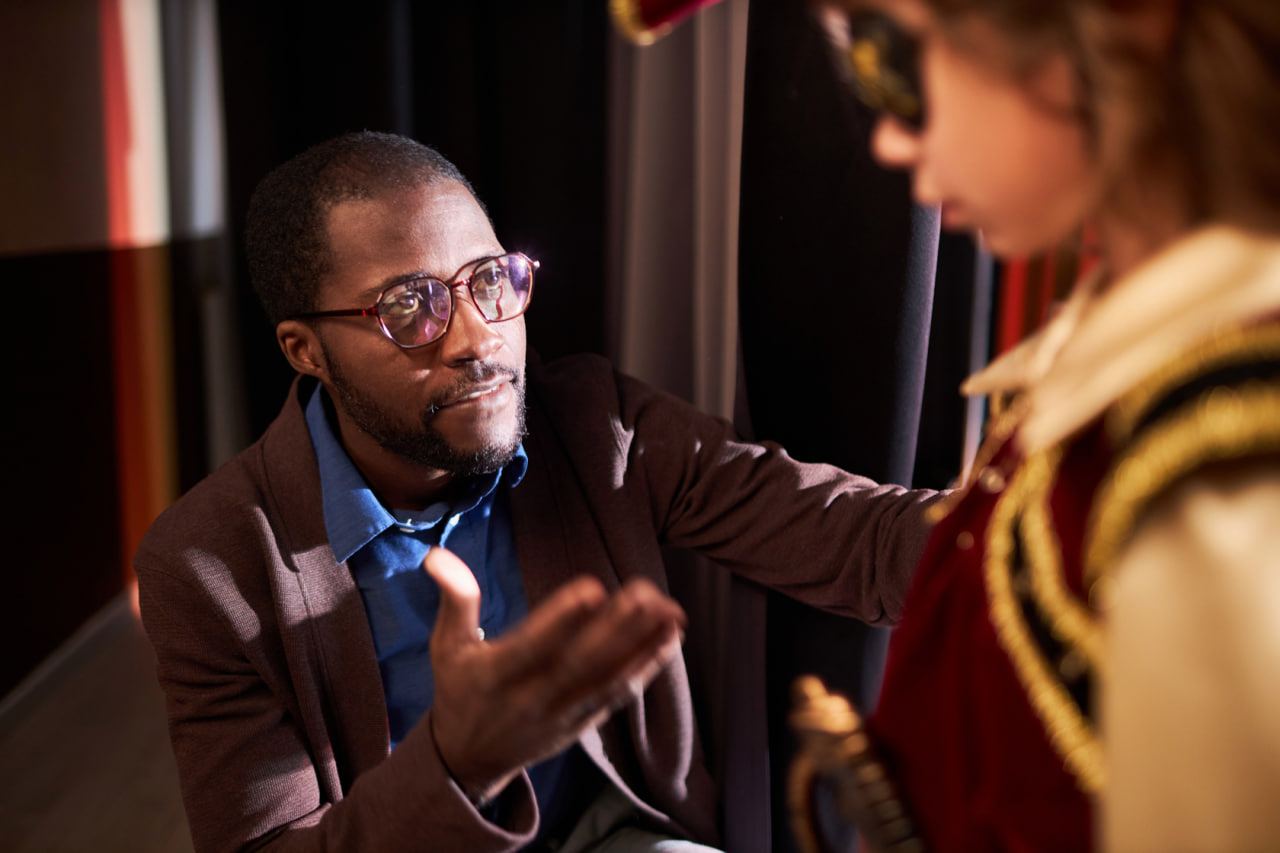Acting is often seen as a craft of imitation, but at its core, it is a deep psychological journey. The most compelling performances don’t come from memorizing lines or hitting marks onstage — they come from actors who are able to access and express real emotions in a believable and raw way. This ability to connect to a character’s internal world and share it with an audience is what separates good acting from great acting.
The foundation of authentic acting begins with emotional awareness. Before an actor can channel someone else’s feelings, they must understand their own. Emotional awareness means being able to identify, process, and regulate your own emotions. It involves recognizing how different experiences have shaped your reactions and sensitivities. This inner clarity creates a well of emotional truth an actor can draw from during a performance.
One of the most important psychological tools in acting is empathy. Empathy allows actors to step into the shoes of a character and understand their motivations, fears, and desires without judgment. It’s not about agreeing with the character’s actions but about believing in their humanity. When actors approach their roles with empathy, they can express emotions that are aligned with the character’s truth rather than mimicking generic responses.
Accessing authentic emotions also requires a level of vulnerability. To be fully present in a scene, actors must let go of the need to control or protect themselves emotionally. This can be intimidating, especially onstage or in front of a camera, but vulnerability is what invites an audience to connect. It’s the willingness to feel fully and truthfully, even when it’s uncomfortable. Training yourself to stay open — rather than shutting down — during emotionally charged moments is one of the keys to believable acting.
There are several methods actors use to reach this level of emotional depth. One widely known approach is Stanislavski’s system, which emphasizes emotional memory. This technique encourages actors to recall personal experiences similar to those of the character to evoke genuine feelings. For example, if a character is grieving a loss, an actor might think back to a time they experienced their own sadness. This connection to real memory can help evoke the emotion authentically during performance.
Another effective technique is Meisner’s repetition exercises, which train actors to respond truthfully in the moment based on their scene partner’s behavior. This approach focuses on spontaneity and instinct rather than memory. It helps actors stay present and emotionally responsive, which often leads to more organic performances.
Breath and body awareness are also powerful tools for emotional access. Emotions live in the body. When actors are physically relaxed and connected to their breath, they’re more likely to experience real feelings rather than force them. Tension blocks emotional expression, so working with movement coaches or integrating practices like yoga and Alexander Technique can deepen emotional availability.
It’s also important for actors to recognize that emotional preparation must be balanced with emotional safety. Digging into past traumas or exposing raw feelings can be psychologically taxing. Having support systems, such as acting coaches, therapists, or trusted peers, helps ensure that actors are taking care of themselves while exploring intense material. Boundaries, recovery techniques, and emotional cooldowns after performances are essential parts of the process.
Practice and repetition build confidence. The more time you spend exploring emotional truth in your roles, the more natural it becomes. Over time, you’ll develop the ability to move in and out of emotional states with precision, clarity, and control — without losing authenticity.

